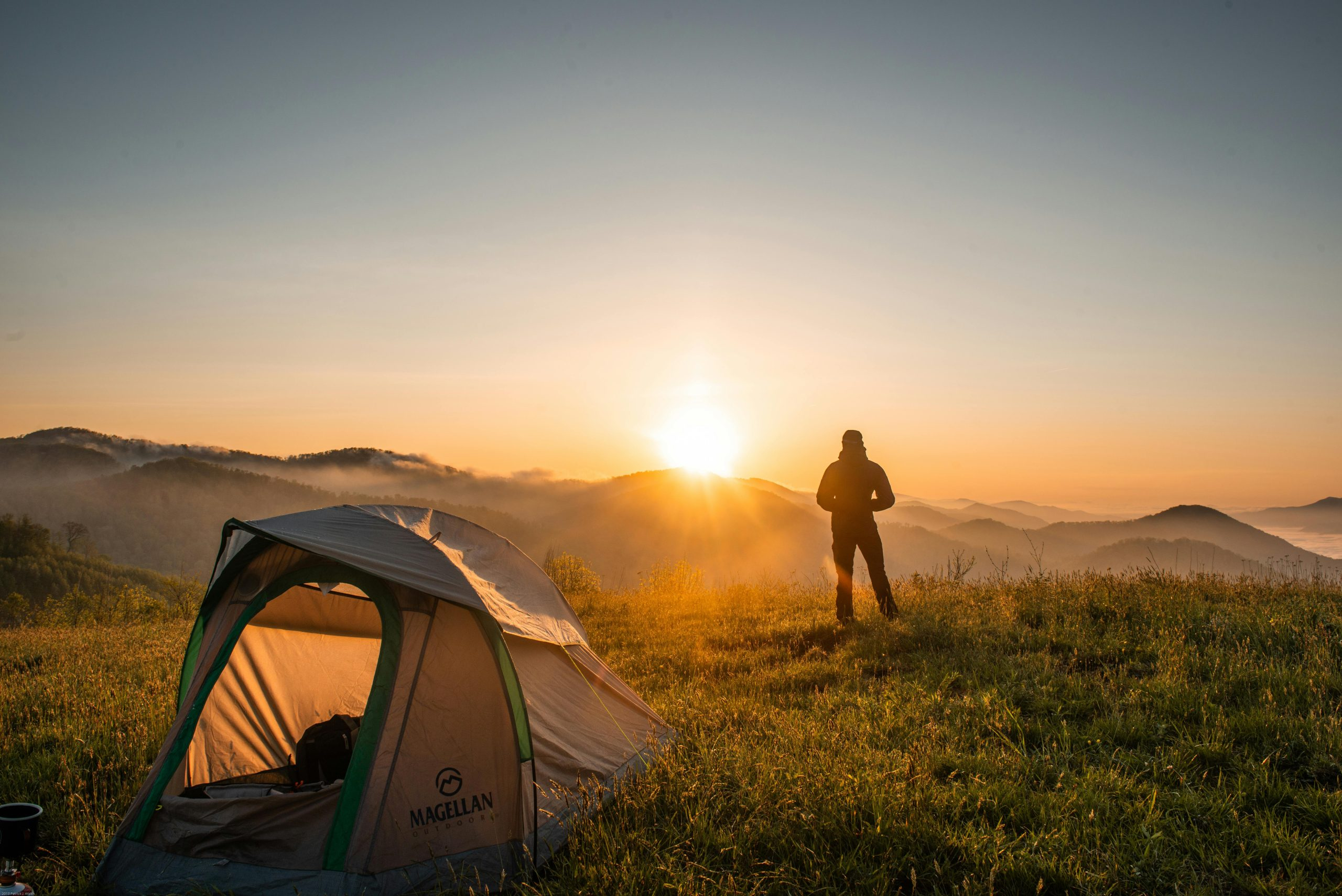Understanding the Basics of Camping and Wilderness Travel
Camping and wilderness travel can be a thrilling and rewarding experience, offering the opportunity to disconnect from the modern world and reconnect with nature. However, for those who are new to this type of outdoor adventure, it can also be intimidating and daunting. That’s why it’s important to understand the basics of camping and wilderness travel before embarking on any trips. In this article, we will explore what it means to camp and travel in the great outdoors, as well as provide some tips and guidelines to help you prepare for your own wilderness adventure.
What is Camping and Wilderness Travel?
Camping and wilderness travel involve spending time in the great outdoors, away from the comforts of home. It can take many forms, from backpacking and hiking to car camping and RVing. The main difference between camping and wilderness travel is that camping typically involves setting up a temporary shelter, such as a tent or camper, while wilderness travel may involve a longer journey with minimal shelter or no shelter at all.
Camping and wilderness travel also vary in terms of the level of comfort and amenities available. Some campgrounds offer amenities such as toilets, showers, and even electricity, while wilderness travel often requires bringing all necessary supplies and equipment to survive in the wild.
Understanding Campsites and Reservations
When planning a camping or wilderness trip, it’s important to research and understand the different types of campsites and how to make reservations. Campgrounds can range from first-come, first-served to reservable sites, and some may require permits for entry. It’s important to research the camping rules and regulations of your desired destination ahead of time to ensure a smooth and stress-free trip.
Reserving a campsite or obtaining a permit may also come with additional fees, so it’s important to factor this into your budget. It’s also important to consider any potential hazards such as wildlife and weather when selecting a campsite.
Essential Supplies and Equipment
Preparing and packing for a camping or wilderness trip can seem overwhelming, especially for beginners. However, there are some essential supplies and equipment that should never be overlooked. These include a tent, sleeping bag, camping stove, water filter, and first aid kit. It’s also important to pack appropriate clothing and footwear for the climate and terrain you will be encountering.
Before your trip, it’s important to familiarize yourself with your gear and how to properly set up and use it. This will not only save time during your trip but also ensure your safety and comfort.
Food and Water
Food and water are essential for any wilderness adventure. When packing food, it’s important to consider the length of your trip, the number of people, and any dietary restrictions. Small, non-perishable items such as energy bars and dried fruits are great for a quick boost of energy on the go, while canned items and freeze-dried meals offer a heartier option.
Water is another crucial element, and it’s important to bring enough to stay hydrated throughout your trip. If your destination doesn’t have a ready water source, it’s important to pack a water filter or treatment method to ensure safe drinking water.
Tread Lightly
One of the most important aspects of camping and wilderness travel is practicing Leave No Trace principles. This means minimizing your impact on the environment and leaving the area as you found it. This includes properly disposing of waste, respecting wildlife, and avoiding damaging the surrounding nature.
It’s also important to be aware of any regulations and restrictions in the area, as well as any cultural or historical significance. By treading lightly, we can ensure the preservation of these beautiful outdoor spaces for future generations to enjoy.
Final Thoughts
Camping and wilderness travel can be an enriching and unforgettable experience. By understanding the basics and being well-prepared, you can embark on your own outdoor adventure with confidence. Remember to always prioritize safety, respect the environment, and have fun exploring the great outdoors. Happy camping!










